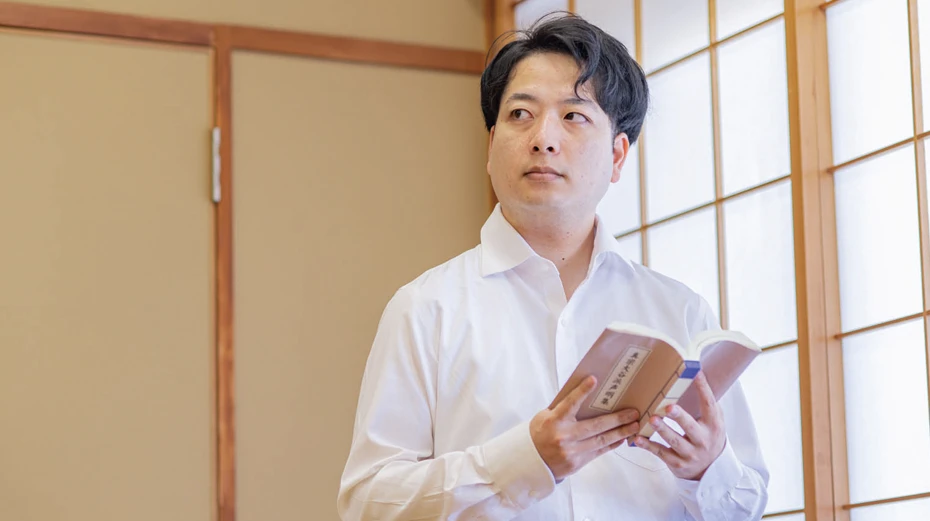Faculty of Letters: Department of Buddhism
Exploring the relationship between the self and society, and the meaning of human life, while studying Buddhist beliefs, history and culture from the perspective of Shinran Shonin (1173-1263).
By studying Buddhism centered on Japanese Jodo Shinshu Buddhism (Shin Buddhism) founded by Shinran, students consider the relationship between the self and society and explore the meaning of truth.
Department of Buddhism at Doho University
Develop comprehension skills through reading literature
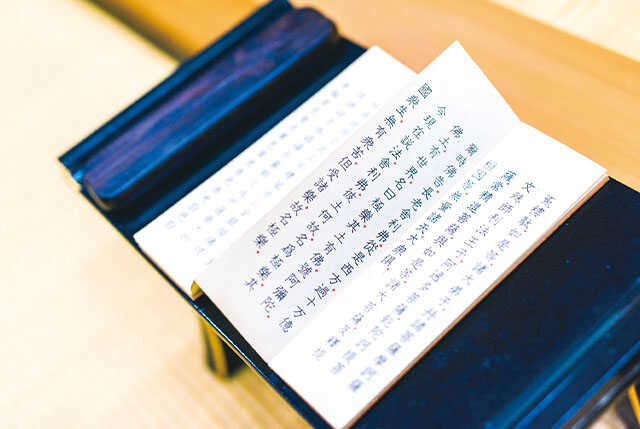
The ability to read and interpret literature is necessary to understand Buddhist beliefs and teachings. Students have the opportunity to thoroughly familiarize themselves with sūtra, including the Sukhāvatīvyūha Sūtra, Lotus Sūtra , Shinran’s main work Kyogyoshinsho and its essential part, Shoshinge, as well as Tannisho, a record of Shinran’s words composed by one of his disciples.
Learn by viewing and handling actual materials
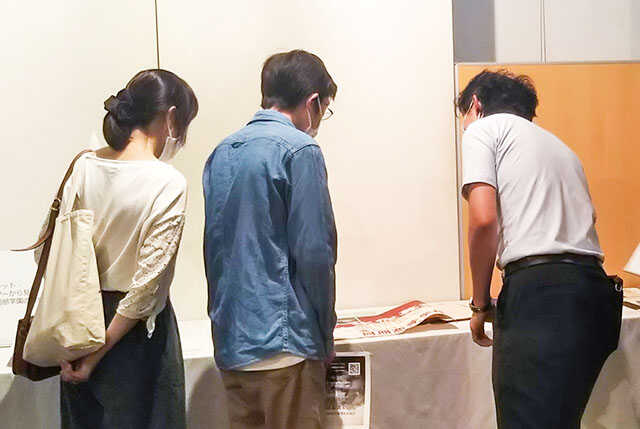
The Buddhist Cultural Institute has been conducting research and gathering materials on Shinshu-shi (history of Jodo Shinshu Buddhism) and Buddhist culture for over 40 years. Of particular note are its achievements in the study of Shinshu-shi. Students learn through curatorial courses and work placements, including those related to exhibiting historical documents.
Community exchange and practical learning
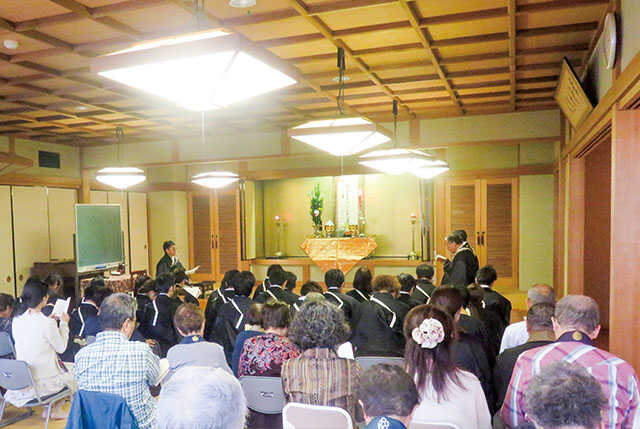
Doho University has hosted various public lectures, including “Shinran and the Present Day” and “Buddhist Studies Academic Conference,” drawing numerous participants. In Shin Buddhist lectures and Hoonko (memorial service for Shinran Shonin), students engage in practical learning, such as practicing Buddhist liturgy and Dharma talk in front of local community members.
Consider the various issues facing modern society

Doho University has hosted various public lectures, including “Shinran and the Present Day” and “Buddhist Studies Academic Conference,” drawing numerous participants.
International Culture Course
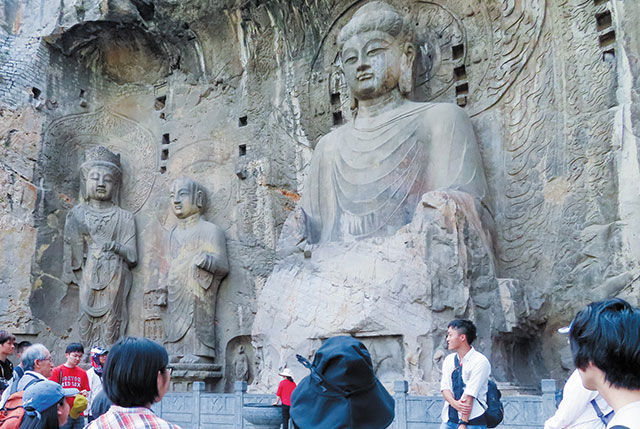
Students can expand their global awareness through the perspective of Buddhist culture by visiting various ruins and temples. They will learn about areas such as India, the birthplace of Buddhism, China, which has a population on par with India, and Thailand, where over 90% of the population are Buddhist.
Curriculum for Buddhism in a clinical setting studies
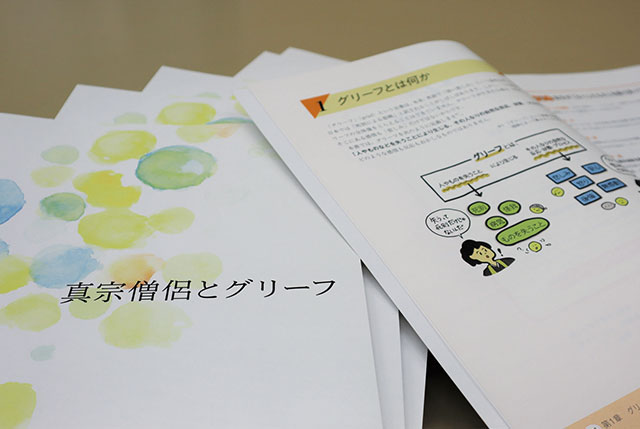
Students study the four sufferings (birth, aging, sickness, death) and gain experience through work placement in clinical settings such as grief care, while addressing the struggles of modern society from a Buddhist perspective. A Certificate of Completion is issued by the Department of Buddhism to those who finish the program.
Course Introduction
For details, request materials through our website or refer to our digital pamphlet.

